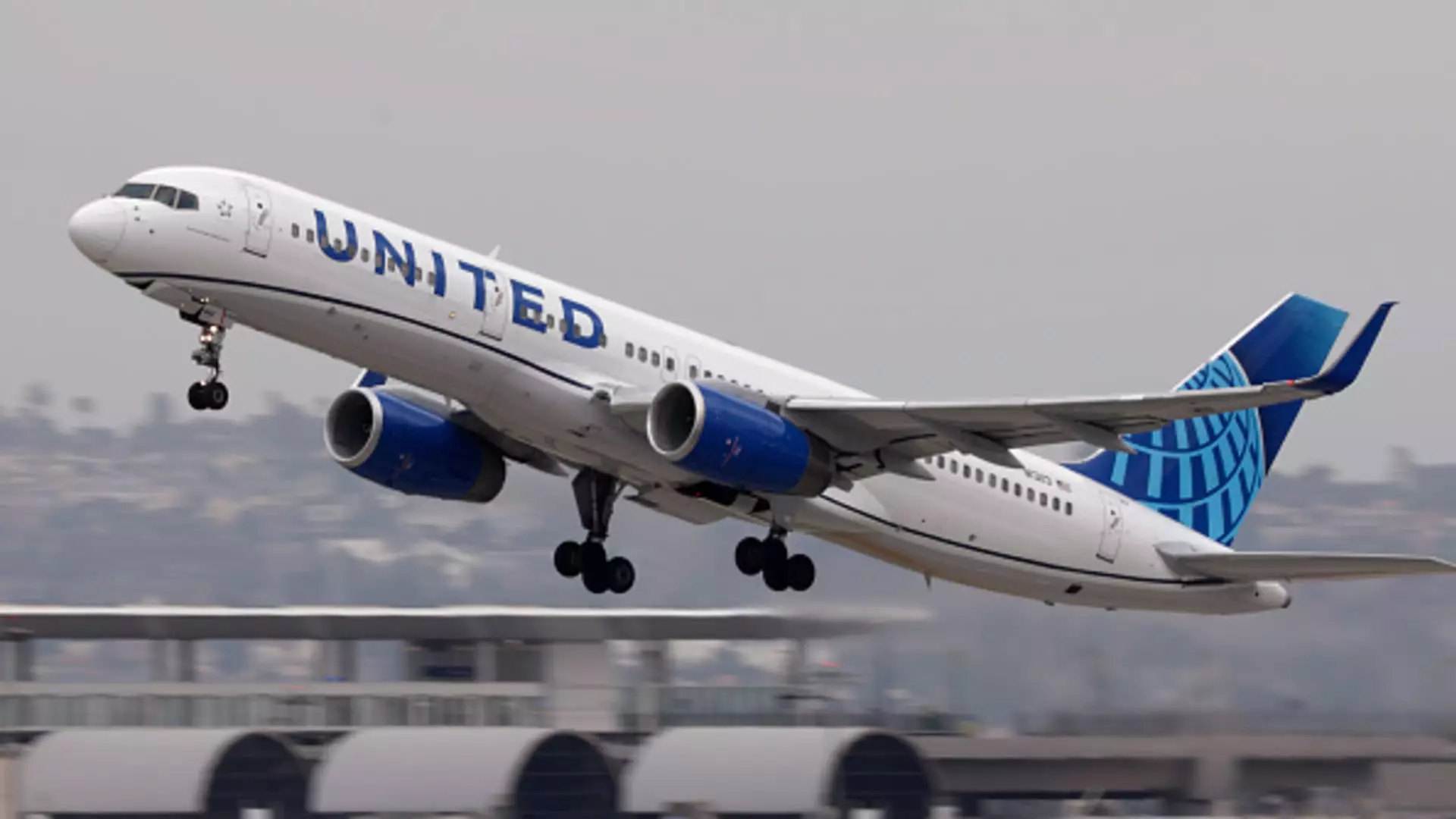United Airlines has announced significant changes to its MileagePlus loyalty program, setting new spending thresholds that will take effect next year. As part of a broader trend observable across major airlines such as American Airlines and Delta Air Lines, the focus on customer loyalty is increasingly shifting from distance flown to the amount spent on tickets and ancillary services. This is an indication of not only a competitive marketplace but also a strategic pivot intended to bolster airlines’ bottom lines as travel demands surge.
The modifications in United’s loyalty program come with a hefty price tag for frequent flyers. The minimum earnings required to attain elite tiers—like Silver, Gold, and Platinum—will increase by approximately 25%. For instance, to earn Silver status, travelers will now need to accumulate 5,000 Premier Qualifying Points (PQPs) alongside 15 qualifying flights, an increase from 4,000 PQPs and 12 flights in the past. Meanwhile, an alternative path to earn Silver status through spending alone will demand 6,000 PQPs, up from 5,000. These changes signify a critical shift toward more affluent travelers, making the experience feel more exclusive yet expensive.
Elitism in loyalty programs has often been justified through the array of perks offered. Customers at elite levels benefit from free upgrades, priority boarding, improved seat selections, and access to lounges. However, as airlines have witnessed a surge in high-spending clientele, these privileges have become diluted, leading to overcrowding, particularly in premium lounge areas and early boarding lines. This raises questions about the sustainability of such programs in keeping their elite feel while catering to a growing customer base.
The new rules delineate clear pathways for maintaining or achieving elite status. For example, the threshold for Gold status will escalate to 10,000 PQPs and 30 qualifying flights, or 12,000 PQPs through spending alone. This progressive increment across all status levels—Silver, Gold, Platinum, and 1K—reflects a deliberate strategy by United Airlines to enhance revenue through its co-branded credit card partnerships, which have become vital for airline profitability.
Earning PQPs now extends beyond ticket purchases, allowing travelers to gain points through their spending on United’s credit cards. The opportunities for customers to accumulate points—which are critical for unlocking higher statuses—seem plentiful but are increasingly costly. For example, travelers will earn 1 PQP for every $20 spent on certain cards, while others may offer 1 PQP per $15 spent, making it crucial to select the right financial products aligned with travel habits.
Implications for Frequent Flyers
These sweeping changes could fundamentally alter the traveling experience for many frequent flyers. The barriers to achieving elite status have been raised substantially, likely prompting many to rethink their spending habits. While the appeal of loyalty programs has historically rested on earning perks and rewards, there is a growing sentiment that with greater costs come greater expectations.
As airlines like United refine their strategies to prioritize high spenders, those who travel occasionally may find themselves increasingly marginalized in the race for rewards. In the end, travelers must weigh the benefits of loyalty programs against the financial investment required. The question remains: does the growing barrier to entry merely reflect a prioritization of profit over customer loyalty, and at what cost will airlines continue to redefine exclusivity in their frequent flyer programs?

